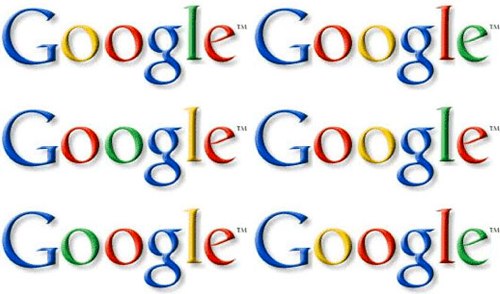Final Writing Project
 Monday, January 30, 2012 at 6:41AM
Monday, January 30, 2012 at 6:41AM  The last portion of this class was originally going to be spent on "writing for social media," but hesitations about the public aspect of this activity made me move to the idea of different options.
The last portion of this class was originally going to be spent on "writing for social media," but hesitations about the public aspect of this activity made me move to the idea of different options.
So, as your final activity for the "Writing Skills" class, each student is going to create an "individual writing project." The project can also be done in pairs or even groups, but the more people involved, the bigger the project must be.
However, those of you interested in a social media-based project can certainly do one.
To do this project, you will have 6 class periods in the lab, so about 6 class hours. I think you can get quite a lot done in 6 hours. If you work well, the project should not require a lot of extra time outside of class, but it will likely require some.
The lab dates are: today, February 6, February 13, February 17, March 2 and March 9.
The other writing skills classes will be devoted to working on the reading/grammar portion of the TOEIC in preparation for your semester exam.
All projects must be submitted electronically, or via an Internet link, but you can choose to ALSO print a copy if you wish. THE SUBMISSION DATE IS MONDAY MARCH 12.
If I have any suspicions, I will check your documents for plagiarism. If you are not sure about the concept of plagiarism and how to avoid it, feel free to discuss this with me.
Here are some questions and answers about, or possible reactions to, the project:
1. What exactly is the objective of this project?
The objective of this project is to apply what you have learned in this writing skills class, and in English in general, to a larger writing project that will motivate you and demonstrate your writing skills in a personal or creative way.
2. What can be the subject of the project?
Depending on the format your project takes, it may or may not have a clearly defined subject. If you decide to do a traditional "report", of course you will need a subject. It could be business-related, related to your foreign internship destination, or to another subject of interest to you.
3. What are some examples of "traditional" projects?
A "traditional" project could be a written report on a subject of interest to you; a series of "summary and reaction" writing passages about texts or videos; a paper meant to convince the reader to adopt a certain point of view, etc....
4. What do you mean by a "social media project?"
A "social media project" could be creating a blog in English, creating a Tweetstream in English, deciding to follow a certain YouTube channel consistently and participate in comments in English, etc....
5. I don't want people to read my bad English on a blog!
First, if you don't promote or link to your blog, nobody is going to read it. You can make the blog anonymous too, and delete it at the end of the semester.
If you still aren't confident with self-publishing, I have set up a common class platform where you can "save" your posts rather than publishing them.
6. Do you recommend a particular blogging platform?
For casual, personal blogging, Tumblr has become the platform of choice, especially for your age group.
7. What if I want to do something more visual, like just uploading photos to a site like Flickr and giving them titles and tagging them in English?
This is a legitimate project, but you may want to complete it with a descriptive summary of your project.
8. Using Twitter in English for this project doesn't sound like much work. I think I'll do that.
Once again, this is a legitimate project, but you may want to complete it with a descriptive summary.
9. This all sounds complicated. Can I do something more focused on improving grammar points I'm not good at, like verb tenses?
Why not? But try to find a form for your project that will motivate you.
10. What if I have a totally different idea?
That's good. Tell me about it.

